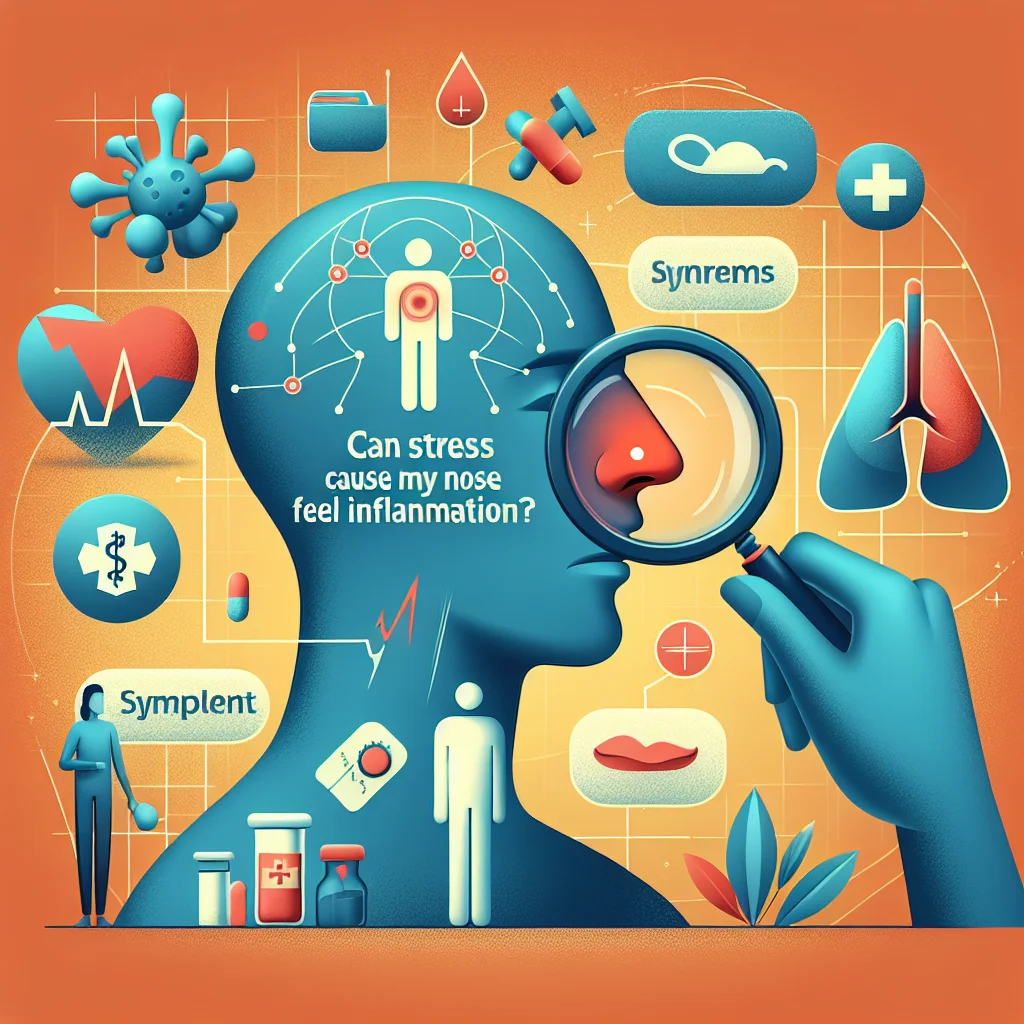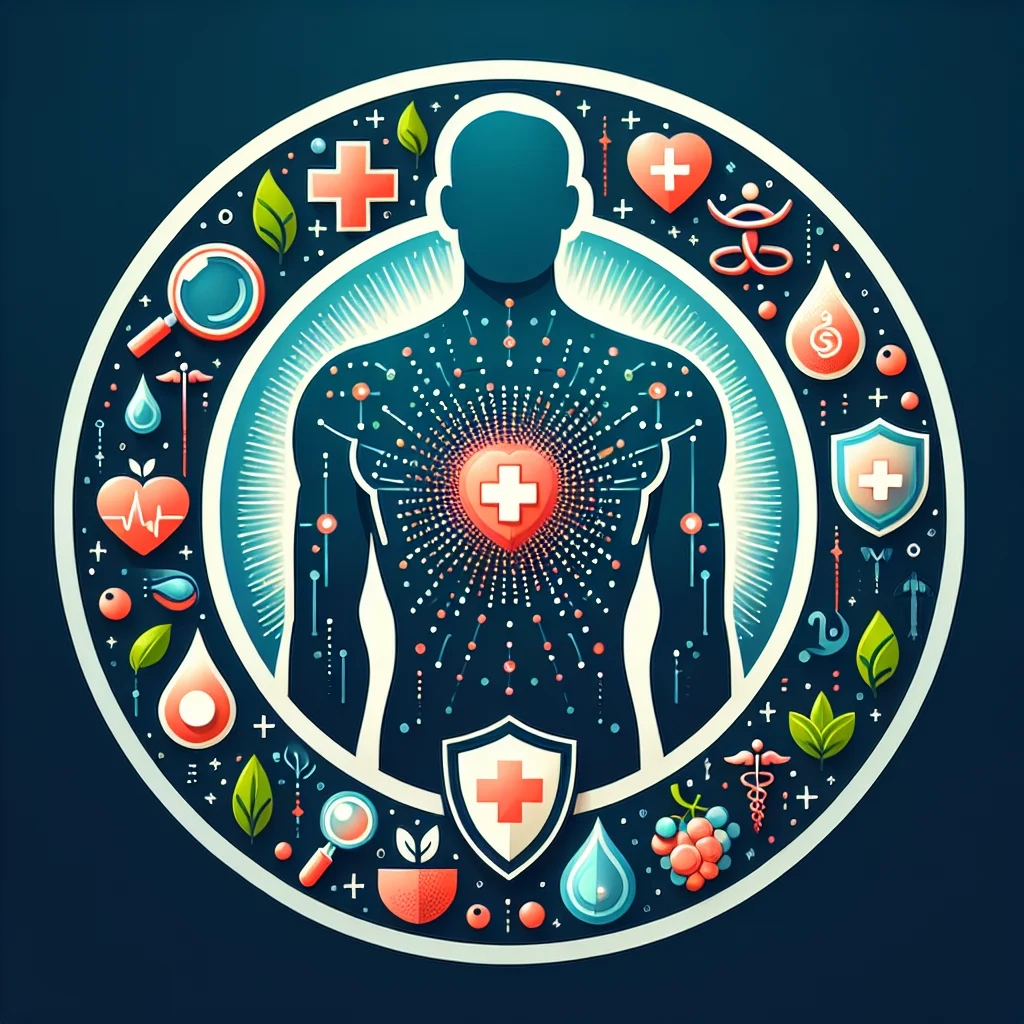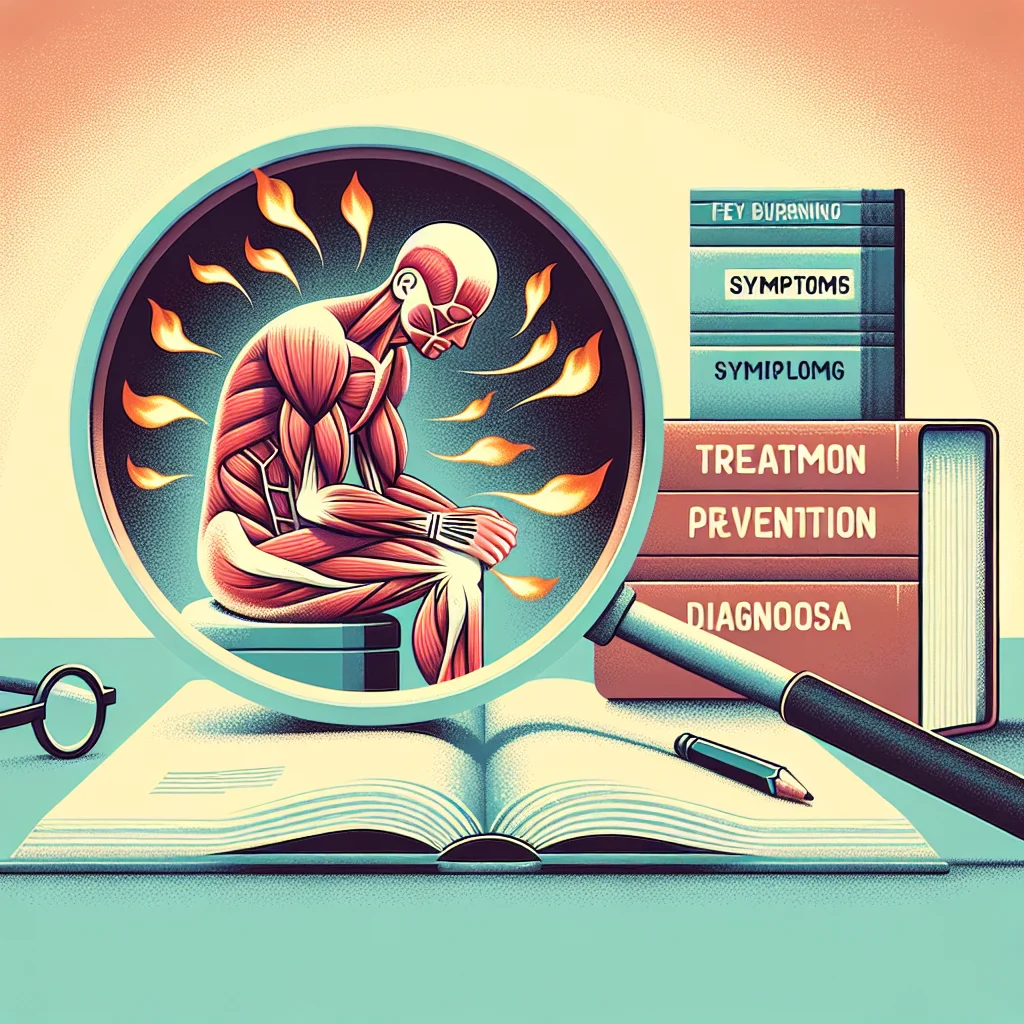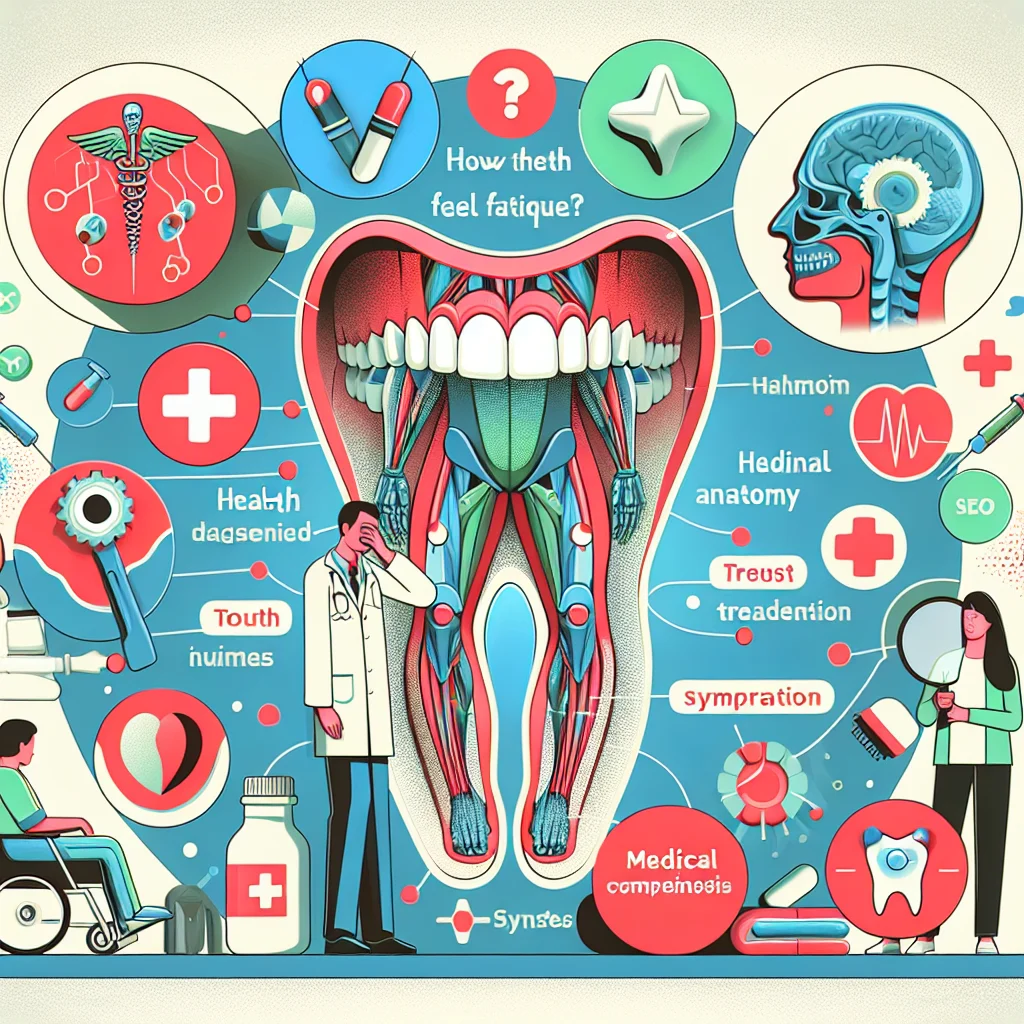
Possible Causes and Medical Insights
Experiencing an itchy sensation on your stomach can result from a range of causes, from simple skin irritation to more serious underlying conditions. Common triggers include allergic reactions, dry skin, contact dermatitis, or even insect bites. Sometimes, the itching may be related to changes in the environment, such as exposure to new soaps or fabrics, making it important to observe any recent lifestyle changes that could be contributing to your symptoms.
In some cases, persistent stomach itching may indicate more complex health issues, such as liver disorders, pregnancy-related changes, or infections like fungal rashes. Understanding the context and duration of your symptoms is crucial. Medical insight suggests that if stomach itching is accompanied by other symptoms—such as jaundice, rashes spreading, or severe discomfort—seeking further evaluation is essential. Always monitor your overall health when unusual itching occurs.
Symptoms and Risk Factors
Itchy stomach skin often comes with additional symptoms such as redness, swelling, bumps, or a rash. You may also notice flaky or dry patches, or even blisters in some cases. If your itching is accompanied by fever, pain, or signs of infection (like pus or spreading redness), this may indicate a more serious condition requiring prompt medical attention.
Certain risk factors can increase your likelihood of experiencing stomach itching. These include having a history of allergies, eczema, or sensitive skin, as well as recent exposure to new skincare products or detergents. Pregnant women may also notice increased itching due to hormonal changes and skin stretching. Recognizing associated symptoms and risk factors can help you determine when you should worry about your stomach feeling itchy and seek medical advice.
Diagnosis and When to See a Doctor
If your stomach itching lasts for more than a few days, becomes severe, or is accompanied by other concerning signs such as yellowing of the skin (jaundice), unexplained weight loss, or persistent rashes, it's time to consult a healthcare provider. Medical professionals can perform a thorough examination, review your medical history, and recommend relevant tests to identify the underlying cause of your symptoms.
Self-diagnosing can be difficult, as stomach itching may be related to several health conditions, from minor to severe. If over-the-counter remedies do not help, or if the itching interferes with your daily activities or sleep, make an appointment with your doctor. Early diagnosis is key to effective treatment, especially if the itching is a sign of an internal health problem.
Prevention and Home Remedies
To prevent stomach itching, focus on keeping your skin moisturized and avoiding known irritants like harsh soaps, synthetic fabrics, or allergens. Wearing loose, breathable clothing and using gentle, fragrance-free products can help minimize irritation. It's also important to stay hydrated and maintain a balanced diet to support overall skin health.
For mild cases, home remedies such as applying cool compresses, oatmeal baths, or over-the-counter hydrocortisone creams may offer relief. However, if these methods do not improve your symptoms, or if your itching is persistent and unexplained, seek medical guidance. Taking proactive steps can help you manage symptoms and reduce your risk of developing more serious conditions, ensuring peace of mind about your health.














